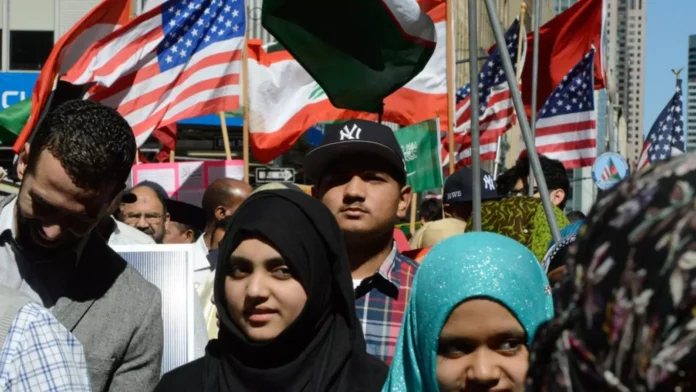Author: Sahar Aziz
Affiliation: Rutgers Law School, Professor of Law
Organization/Publisher: SSRN
Date/Place: December 20, 2019
Type of Literature: Journal Article
Number of Pages: 26
Link: https://papers.ssrn.com/sol3/papers.cfm?abstract_id=3507500
Key Words: Human Rights, Rights coalitions, Religious freedoms
Brief:
Instead of looking at the differences between Islamic law and modern human rights, it should be considered that Islamic law inspires the Muslim community towards advocating human rights out of their religious faith. The article engages Muslim activism in three arenas of human rights: anti-racism, religious freedom and women’s rights. This faith-inspired activism refutes the claims that Islam advocates violence. Since 9/11, Muslims have felt more connected to the wider society, since they have become a visible minority that could relate to issues of rights transgressions just as they experience it themselves. Younger generations are immersed into cross-racial and inter-faith organizations defending not just their rights as Muslims but also that of African Americans, Latin X and women. The author argues that Islam and Shari’a are not monolithic and that there is a relation between culture and politics at play. The Muslims in the US are showing that there is a link between the Islamic faith and social justice. One positive aspect after 9/11 is not just the engagement in rights activities but also Muslims becoming aware of their constitutional rights via workshops such as “know your rights”. Organizations are also at work, including the Council on American Islamic Relations (CAIR) that works daily in counteracting anti-Muslim rhetoric. The article attempts to change the conversation from whether Islam is compatible with Human rights, to how Muslims embrace them within a diverse environment with cooperating actors who more or less face similar threats, and more importantly doing so out of religious convictions.
By: Omar Fili, CIGA Research Inter




